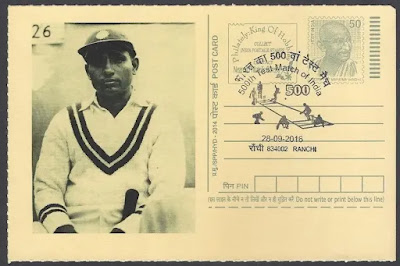Chatrasal Bundela, also known as Maharaja Chhatrasal, was a notable ruler of the Bundela Rajput clan in India. He was born on 04 May 1649 and passed away on 20 December 1731. Maharaja Chhatrasal is remembered for his valiant efforts in resisting the Mughal rule and for establishing an independent state in the Bundelkhand region.
Chhatrasal was a courageous warrior and a skilled military strategist. He fought against the Mughals under Aurangzeb and, after initial conflicts, managed to secure a semi-autonomous status for his kingdom. His resistance played a significant role in challenging the Mughal authority in the region.
Apart from his military prowess, Maharaja Chhatrasal was also a patron of the arts and culture. He supported poets, musicians, and artists, contributing to the cultural enrichment of his kingdom. His legacy is remembered as a symbol of resistance against imperial powers during a crucial period in Indian history.









